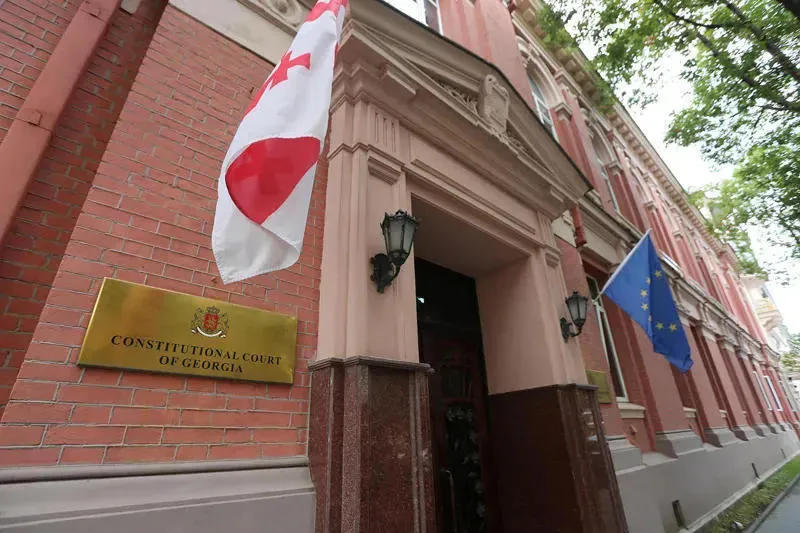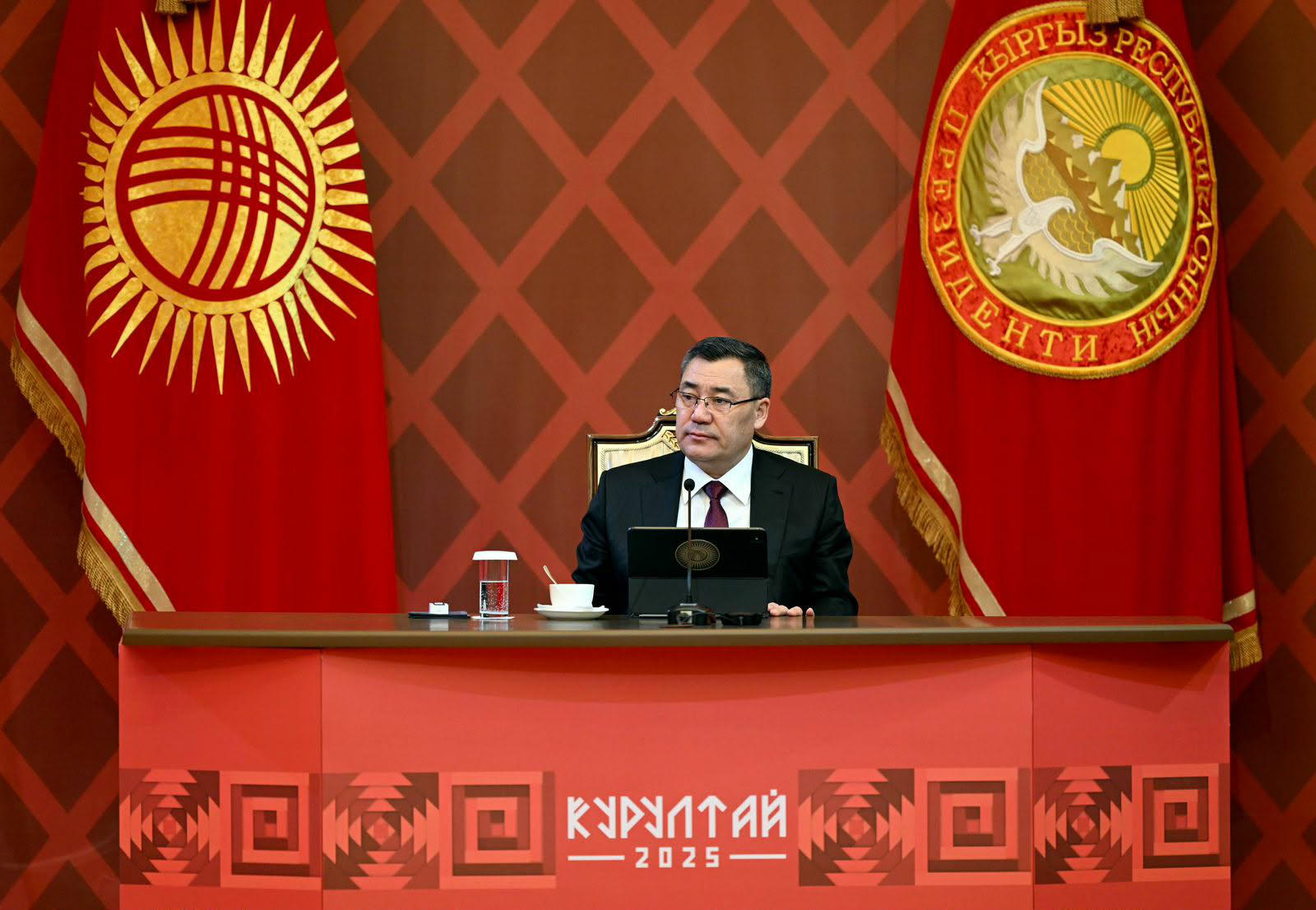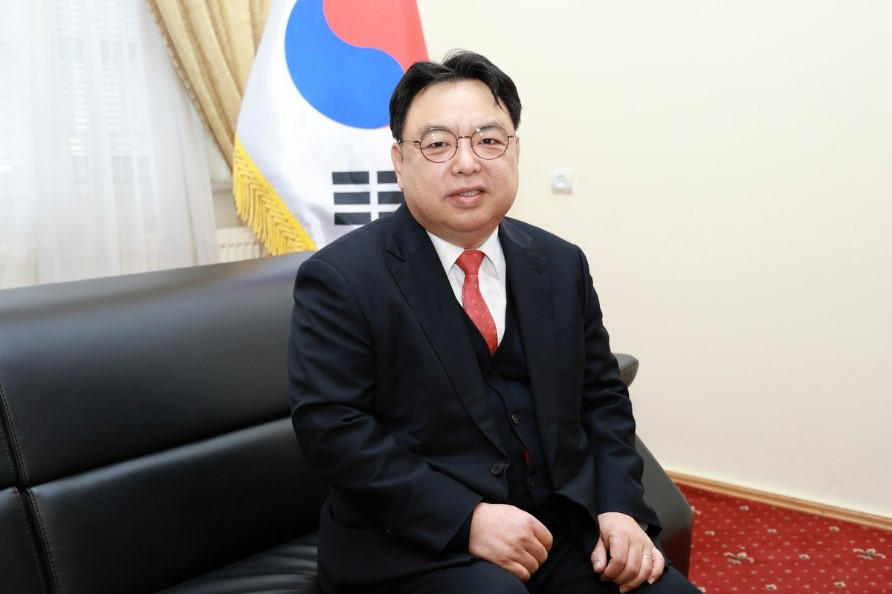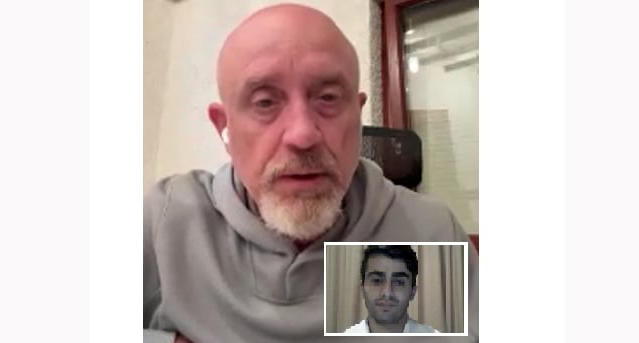GYLA: The “Foreign Agents Registration Act” has been challenged in the Constitutional Court

The Georgian Young Lawyers’ Association, Studio Monitor, and Georgia’s Voice, along with their leaders, have filed a lawsuit with the Constitutional Court requesting the annulment of the “Foreign Agents Registration Act” and the suspension of the relevant provisions of the law until the case is resolved.
According to their statement, the lawsuit was submitted to the court on May 15, 2025.
“As the public is aware, on April 1, 2025, Georgian Dream adopted the ‘Foreign Agents Registration Act’—so-called FARA—which violates Georgia’s Constitution and aims to silence, discredit, and persecute independent civil society organizations and media, including by imposing criminal liability.
Georgian Dream claims this law mirrors the American FARA (Foreign Agents Registration Act). However, in reality, the U.S. FARA, adopted in 1938 within a specific historical context, as interpreted by the U.S. Department of Justice and independent courts, does not target independent public and media organizations. Its purpose is to disclose the activities of agents of foreign hostile powers. Moreover, FARA only applies in cases where foreign-funded individuals do not act autonomously and are entirely subject to the principal’s directives.
It is important for the Georgian public to understand that the true substance of legislation is not defined solely by its wording. Simply copying legislation from other countries does not guarantee the same function. Legal norms with identical wording may have vastly different effects depending on the legal system, political context, and institutional mechanisms.
The U.S. is a common law country, where broad legal terms are typical because law is shaped by court interpretation (as in Marbury v. Madison, 5 U.S. 137 (1803)). By contrast, Georgia follows the civil law system, where the legal text itself must provide clear obligations. In our system, broad, vague norms—especially in criminal law—are fundamentally incompatible, as judges do not take on the role of lawmakers. Therefore, importing common law institutions requires not only translation of the legal text but also understanding of relevant judicial practice.
According to U.S. legal precedent, merely receiving funding from a donor does not place the recipient under the donor’s control, nor does it require registration as a foreign agent under FARA. Organizations that receive foreign support without being controlled by the foreign principal are not considered agents for the purposes of FARA.
The constitutional lawsuit argues that in addition to vague provisions, the law grants excessive and unbalanced powers to implementing bodies (the Anti-Corruption Bureau, the Prosecutor’s Office, and the courts), increasing the risk of arbitrary enforcement. In Georgia’s context—where Georgian Dream fully controls the Anti-Corruption Bureau, judiciary, and prosecution—there is a real danger that, even without factual or legal justification, this law could be used against independent civil society organizations and media that advocate for marginalized groups, oppose systemic torture, expose the anti-European agenda and corrupt deals of Georgian Dream, report on political developments, and reveal human rights violations.
The provisions of Georgian Dream’s version of FARA are so vague that they pose a real threat of being used to silence and punish independent organizations and individuals. This is evidenced by recent broad interpretations made by the head of the Anti-Corruption Bureau over the past two days. To prevent immediate and irreparable harm resulting from the law’s enactment, the Constitutional Court is obligated to suspend the contested provisions. Although we do not expect the Court to act promptly or in accordance with the Constitution, we believe that every legal means must be used to defend the rights guaranteed by the Constitution,” the statement reads.


